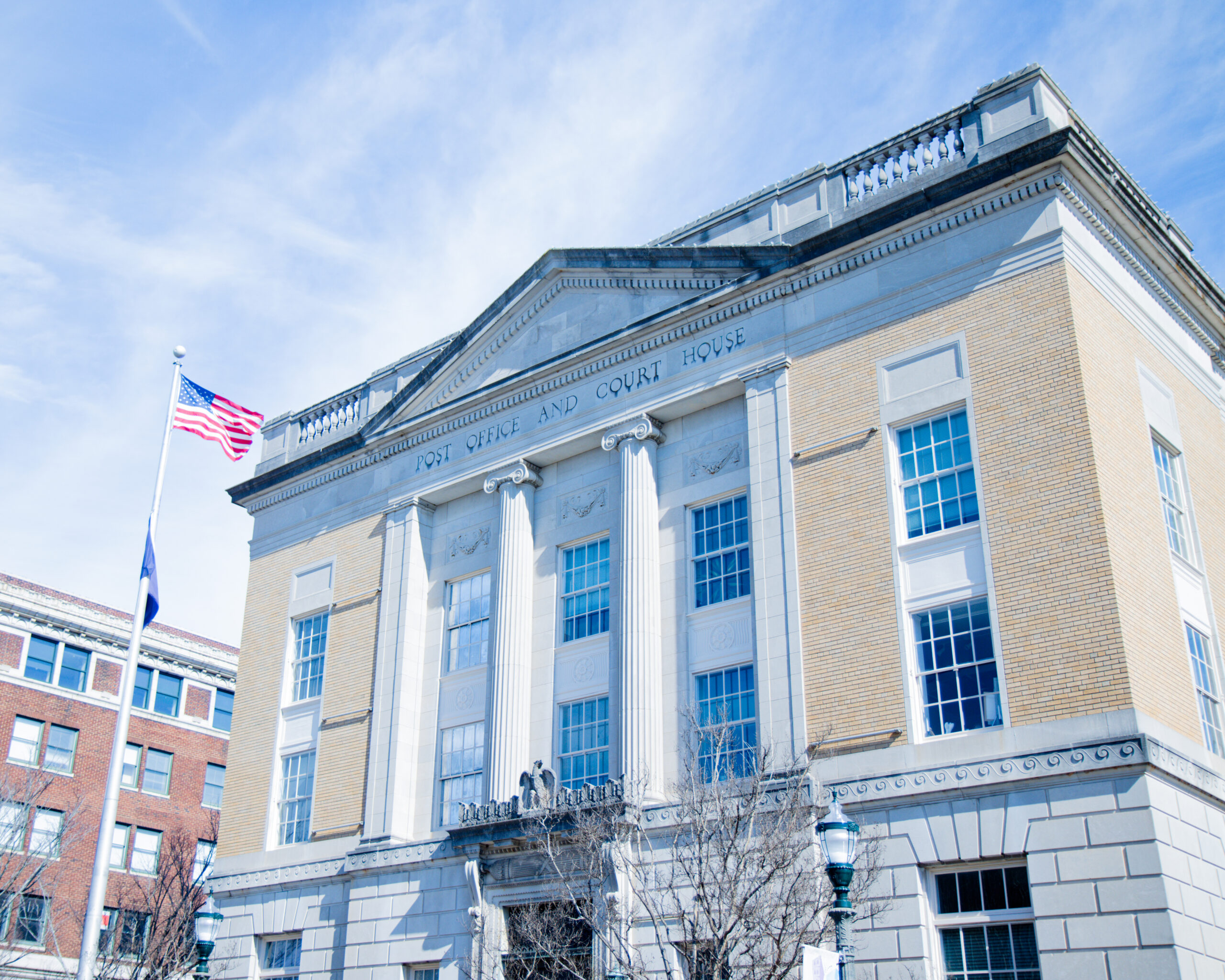As the Trump administration finally authorized the formal transition process on Nov. 23 following another loss in the Michigan court system, President-elect Joe Biden and his informal transition team continued to steamroll ahead, naming several key Cabinet picks and exposing a somewhat clearer picture of his future administration.
General Services Administration leader Emily W. Murphy, who had previously delayed writing a letter of ascertainment determining Biden president-elect, said she made the decision to move forward due to “recent developments involving legal challenges and certifications of election results” in several key states.
President Trump took to Twitter to take credit for the decision and simultaneously assure the nation his efforts to overturn the election would remain.
“Our case STRONGLY continues, we will keep up the good fight, and I believe we will prevail!” he wrote. “Nevertheless, in the best interest of our Country, I am recommending that Emily and her team do what needs to be done with regard to initial protocols, and have told my team to do the same.”
Biden’s cabinet picks thus far seem to illustrate some of the new administration’s top priorities. Here’s what we know so far:
Antony J. Blinken – Secretary of State
Blinken is a longtime career diplomat within the state department, serving as a member of the National Security Council under the Clinton administration, six years as Democratic Staff Director for the U.S. Senate Foreign Relations Committee and eventually Deputy Secretary of State under President Obama. His extensive knowledge of foreign policy and the mechanisms of diplomacy could indicate a major shift in the approach to foreign relationships under a Biden presidency.
Avril D. Haines – Director of National Intelligence
Haines has served in the intelligence agency in both Obama and Bush administrations, and later to oversee operations by the National Security Council and as Deputy Director of the Central Intelligence Agency. Though she has received criticism from the progressive left regarding her involvement in the targeted killing drone program, she is likely to continue working to expand oversight in those areas. She would be the first woman to serve as the head of intelligence.
John F. Kerry – Special Presidential Envoy for Climate
Kerry previously served as Secretary of State under President Obama and was a key negotiator for the U.S. on the Paris Climate Agreement. This newly-created cabinet-level position, deemed “Climate Czar,” also awards Kerry a seat on the National Security Council, marking the first time an advisor wholly focused on climate change will work alongside other top foreign policy advisors, further underlining Biden’s belief that climate change is an issue of national security.
Alejandro N. Mayorkas – Secretary of Homeland Security
Mayorkas, an architect and key player in the implementation of the DACA program, is a lawyer and the former Deputy Secretary of the Department of Homeland Security. He served as the director of the legal immigration agency and, if confirmed, would be the first Latino as well as the first immigrant to head up immigration.
Jake Sullivan – National Security Advisor
Sullivan is a longtime aide to Biden and a well regarded legal expert in Washington. He is a Rhodes scholar, a graduate of Yale Law School and has worked as chief counsel to Senator Amy Klobuchar and national security advisor to Biden during his time as Vice President.
Linda Thomas-Greenfield – U.N. Ambassador
Thomas-Greenfield has 30 years of experience in the foreign service, serving in Switzerland, Pakistan, Kenya, Gambia, Nigeria and Jamaica, as well as the U.S. Ambassador to Liberia.
“Diplomacy is back,” she said, indicating a move away from the Trump administration’s isolationist approach to foreign policy.
Janet L. Yellen – Treasury Secretary
Yellen has amassed widespread and bipartisan support, serving as Fed chair from 2014 to 2018 and in that time overseeing a record-breaking economic expansion previous to its end due to COVID-19. She would be the first woman to serve in the position.
Many of Biden’s cabinet choices are longtime associates and aides harboring ideologies similar to his own, and his choices thus far indicate an emphasis on immigration policy reform, efforts to combat climate change, increased focus on foreign relations and an overall stimulation of the economy. While these picks are unlikely to excite progressives, their sheer levels of experience inside the departments which they are to head make it clear that the future Biden administration is likely to be highly-competent and highly-effective.
Graphic by Lizzy Talbert




